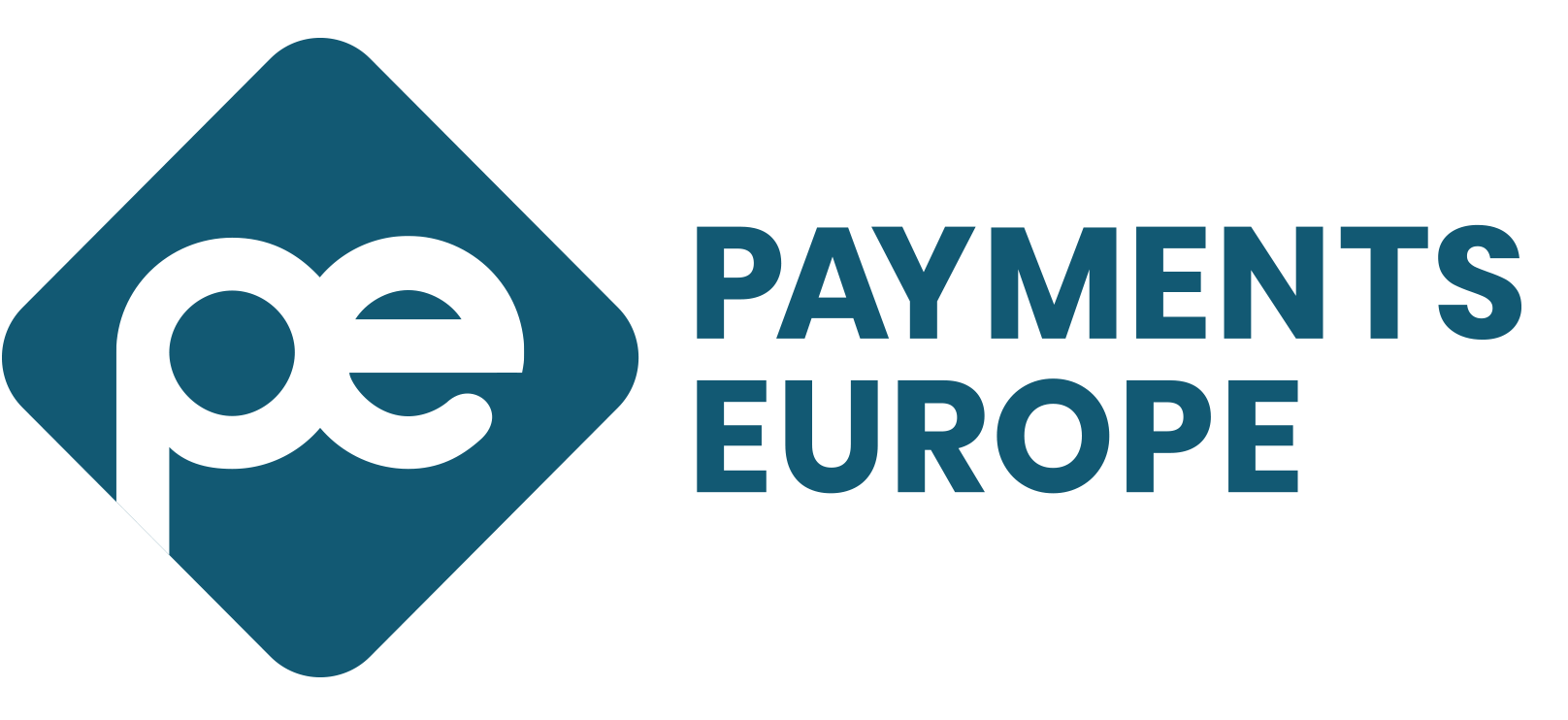Over the last few years, the European payments market has been undergoing rapid change, driven by technological developments, consumer demand and regulation. In an increasingly digital society, payments have become the lifeblood of the economy, and the COVID-19 pandemic has only underlined the importance of safe, accessible, and convenient methods of payment for consumers across Europe.
The European institutions have played an important role in developing European payments over the past few years. With the recent adoption of the Retail Payments Strategy, the European Commission outlined a clear vision for Europe’s payments market, based on, amongst other things, two pillars:
- The need for Europe to have a competitive, home-grown and pan–European payment solution available, to support Europe’s economic and financial sovereignty;
- The need for Europe to benefit from a broad and diverse range of high-quality payment solutions, supported by a competitive and innovative payments market and based on safe, efficient and accessible infrastructures.
Payments Europe agrees with the European Commission that the European payments market should be autonomous and resilient to external threats – be it fraud, cyber risks, foreign sanctions, etc. At the same time, given the global nature of today’s society and economy, it should be recognised that payments should operate globally. An open and fair economy, that welcomes all players equally, will foster competition and create a dynamic market that benefits European payment users, be it consumers, governments, businesses or merchants.
COMPETITIVE HOME-GROWN AND PAN-EUROPEAN PAYMENT SOLUTIONS
- Payments Europe advocates for a level playing field between payment solutions, guaranteeing similar treatment to new and existing solutions alike.
Payments Europe recognizes that supporting the emergence of home-grown pan-European payment providers is a legitimate aim. At the same time, we believe in fair competition, open systems, and interoperability.
Europe can already count on a dynamic and competitive payments market which delivers great value to European citizens. To ensure that this market continues to grow, Payments Europe advocates for a level playing field between payment solutions, guaranteeing similar treatment to new and existing solutions alike.
We believe in a regulatory environment in which payment players can grow regardless of their origin. New payments solutions should be built on sustainable business models spurred by users’ demand and guarantee interoperability with existing payment solutions. Moreover, we stress the importance of security, trust and reliability. New payment solutions should meet the high security standards that European citizens have come to expect from existing payment methods.
EUROPE’S ECONOMIC AND FINANCIAL SOVEREIGNITY
- A competitive and diverse payments market supports independence and sovereignty. It guarantees access to multiple solutions and avoids the risk of over-dependence on one option.
Payments Europe supports the concept of European economic and financial sovereignty. In an increasing digital society, the European payments system must be equipped to face and protect its users from external threats.
At the same time, and irrespective of the geopolitical climate, we believe it is fundamental that European citizens and retailers can benefit from smooth, fast and secure payments with a global reach. Payments markets are global in nature. They are built on principles aimed at guaranteeing stability and interoperability, lowering costs and facilitating innovation. These principles allow for the development of open networks, which in turn guarantee that the payments market is transparent, open and flexible to new entrants.
Any new initiative capable of delivering value to end-users, regardless of its origin or nationality, should be welcomed, as long as it adheres to European rules and standards. A competitive and diverse payments market also supports independence and sovereignty. It guarantees access to multiple solutions and avoids the risk of over-dependence on one option.
Card payments provide a perfect example of a well-functioning global and open system. By connecting international and domestic card schemes with mainly European issuers and acquirers, this model enables them to do business in Europe and beyond. The partnership between all players involved ensures that consumers and merchants can transact business everywhere in the world.
FREE FLOW OF DATA
- The flow of data outside of the EU under the GDPR framework is an important contributor to maintaining an open economy. Requirements that would hamper this, such as data localization, could negatively impact European merchants and consumers.
Payments Europe supports and is committed to the high standards that the GDPR sets to ensure that European residents’ data privacy is safeguarded when personal data is transferred and processed outside of the EU. The flow of data outside of the EU under the GDPR framework is an important contributor to maintaining an open economy. It is a necessary element to guarantee adequate consumer protection.
The adoption or implementation of requirements that hamper the possibility to move data across jurisdictions, such as data localization, could negatively impact European merchants and consumers. Guaranteeing data flows is fundamental to ensure that the payment industry can deliver value including consumer and merchant protection by tackling global fraud. Data localization could also pose a risk of reciprocal treatments from other regions, therefore creating a lose-lose situation for European companies.
Even without additional regulations on data localization, a multitude of regimes with divergent requirements could act as a headwind to innovation and productivity, especially as these requirements are often either impossible, or prohibitively onerous, to meet simultaneously.
INSTANT PAYMENTS AS THE ‘NEW’ NORMAL
- Payments Europe supports the uptake of instant payments. As instant payments are complementary to other existing payment methods, it is important a level playing field is maintained.
The European Commission is advocating for instant payments to become the new norm and is working to ensure their full uptake in the EU.
We believe instant payments are complementary to existing payment methods and have specific use cases defined by their unique features, value, functionalities and costs. Payments Europe supports the uptake of instant payments, as the existence of a variety of payment methods leads to increased choice for consumers and retailers: provided with a wide array of choices, end-users will have the option to decide which payment method better suits them for each specific purchase.
We call on the European Commission to ensure that fair competition amongst payment methods is guaranteed in the European market. A European market based on a level playing field, where all payment solutions (instant, cards, etc.) are treated equally by policy makers, and where the ultimate choice for use sits with the end users would ensure the best outcome for all.
In order to make informed choices, we believe it is crucial that consumers have access to all the necessary information about solution features, so that they are to be able to make their choice in full consciousness.
In addition to the importance of informed choice, consumers’ safety and security should always be at the centre of every initiative, be it regulator- or market driven. Without a guarantee of safety, security and reliability, it will be impossible for new means of payments to be successful.

